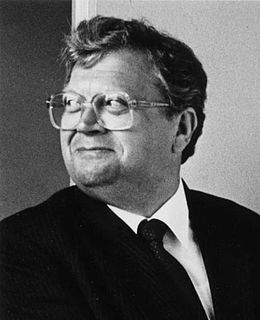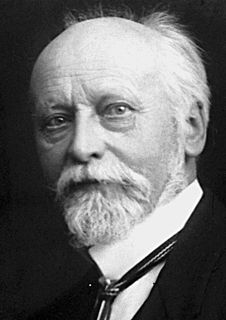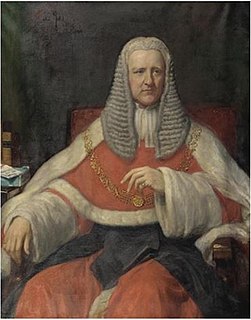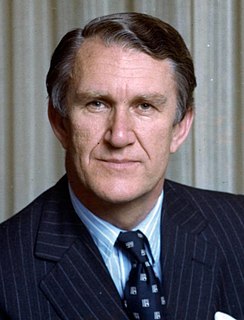A Quote by David Lange
I had been brought up in the law and had this sort of instinct that international law operates and was there to protect principles and not to be the plaything of power and might - which I now know, of course, to be an absolute nonsense. International law should be spelled l-o-r-e.
Related Quotes
US law and international human rights law have radically diverged in the past years in terms of the recognition of indigenous people's rights. International human rights law now looks at not whether or not the tribes have formal ownership or legal title in a Western legal conception might have it, but rather they look at the tribe's historical connection to that land.
The problem with the United States is that it is making an increased use of drones/Predators [which are] particularly prominently used now in relation to Pakistan and Afghanistan...My concern is that drones/Predators are being operated in a framework which may well violate international humanitarian law and international human rights law.
Nicaragua dealt with the problem of terrorism in exactly the right way. It followed international law and treaty obligations. It collected evidence, brought the evidence to the highest existing tribunal, the International Court of Justice, and received a verdict - which, of course, the U.S. dismissed with contempt.
When something like this [2003 invasion of Iraq] takes place, the international law professionals have a complicated task. There is a fringe that just tells the truth: Look, it's a violation of international law. But most have to construct complex arguments to justify it as defense counsel. That's basically their job, defense counsel for state power.
From Iraq to Guantanamo Bay, international standards and the framework of international law are being given less when they should be given more importance. I am pleased that the courts in the United States are beginning to review what has happened to those detained in Guantanamo Bay. Similarly in Iraq we need to bring our strategies back within the framework of international norms and law.
Human rights and international criminal law both illustrate the contradictory potential of international law. On one level, the imposition of human rights norms is a restraint on interventionary diplomacy, especially if coupled with respect for the legal norm of self-determination. But on another level, the protection of human rights creates a pretext for intervention as given approval by the UN Security Council in the form of the R2P (responsibility to protect) norm, as used in the 2011 Libyan intervention. The same applies with international criminal accountability.
We could try and establish a world in which the great and the powerful adhere to that international law which they require ordinary mortals to adhere to. In other words, there is one international law, and even America and even Russia and China and Japan must adhere to it, and Australia must adhere to it.
I am deeply gladdened that 1993 has been delcared the International Year of Indigenous Peoples by the United Nations. It is the first year we have had in five hundred years. This is thanks to the struggle of many untitled, unnamed indigenous brothers who, without understanding international law, patiently walked the corridors asking for some time. Thanks to them this international year has been declared.






























